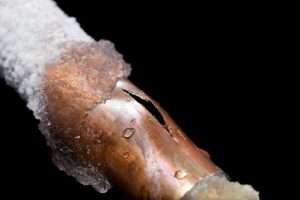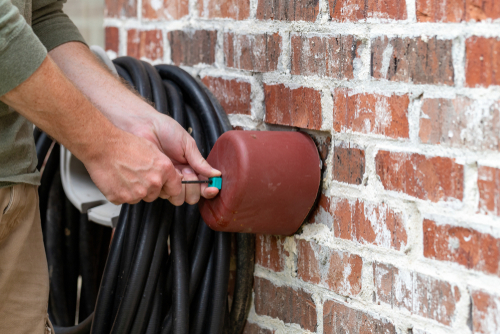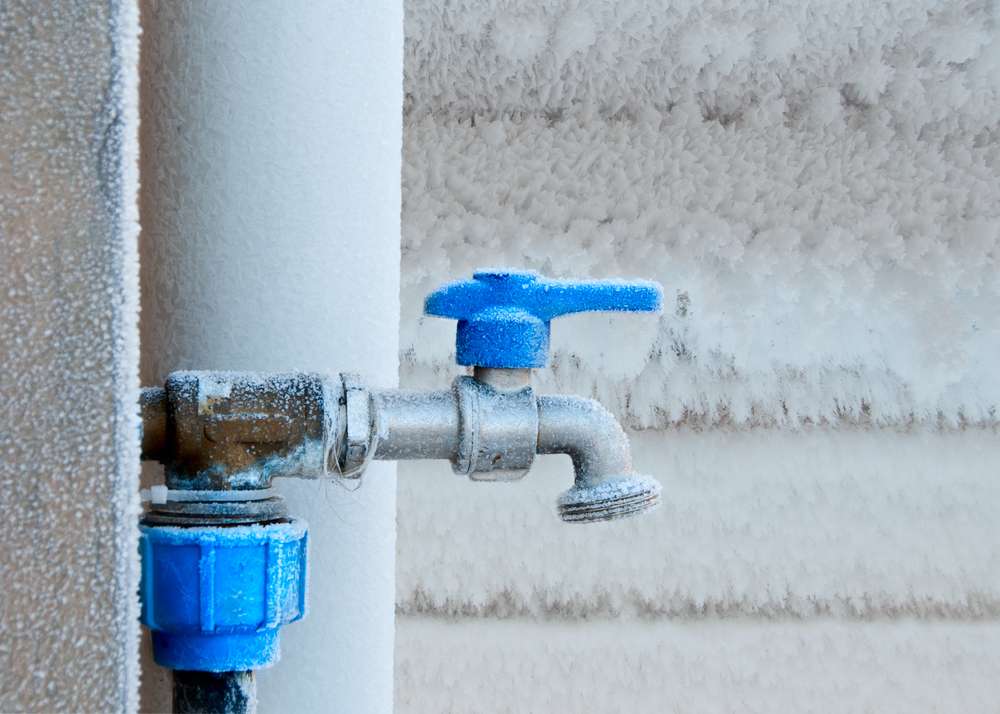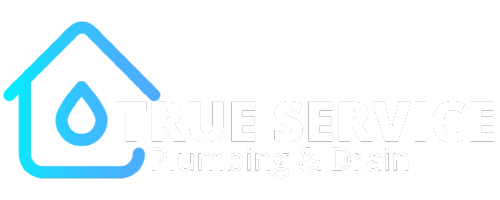As winter approaches, understanding how to prevent frozen pipes becomes crucial for every homeowner.
Frozen pipes can cause significant damage, leading to costly repairs and serious inconvenience.
In this comprehensive guide, we’ll explore practical steps to keep your pipes from freezing, ensuring your home remains safe and functional throughout the colder months.
Who is at Risk?
Homeowners in colder climates face a higher risk of experiencing frozen pipes. If you live in an area where temperatures regularly drop below freezing, your plumbing is vulnerable.
Additionally, homes with outdated insulation or those that are left unoccupied during the winter are at greater risk.

What Causes Pipes to Freeze?
Pipes freeze when exposed to temperatures below 32°F (0°C) for extended periods. There are several factors that contribute to this issue:
- Lack of Insulation: Pipes in unheated areas or exterior walls are especially susceptible.
- Poor Heating: Inadequate heating in areas where pipes are located can increase the risk.
- Exposure to Cold: Pipes near poorly insulated walls or windows are more likely to freeze.
Understanding these causes can help you take preventive measures effectively.
When to Start Preventing Frozen Pipes
Timing is key when it comes to how to prevent frozen pipes. Begin your preparations before the cold weather sets in, ideally in late fall. Additionally, pay attention during sudden cold snaps when temperatures drop unexpectedly.
If you plan to leave your home for an extended period, ensure that preventive measures are in place before you go.
Where Are Pipes Most Likely to Freeze?
Pipes are most likely to freeze in specific areas of your home, including:
- Basements and Crawl Spaces: These areas often lack adequate insulation.
- Attics and Garages: Unheated spaces are prime candidates for frozen pipes.
- Exterior Walls: Pipes running through exterior walls can be vulnerable to freezing.
By focusing on these high-risk areas, you can better target your preventive efforts.
How to Prevent Frozen Pipes
Preventing frozen pipes involves several key strategies. Here’s a step-by-step guide to help you keep your plumbing safe:
1. Insulate Pipes
Proper insulation is one of the most effective ways to prevent pipes from freezing.
Use pipe insulation or heat tape to cover exposed pipes, especially those in unheated areas and exterior walls.
This added layer of protection helps maintain a stable temperature around the pipes.
2. Seal Leaks
Gaps and cracks around pipes can allow cold air to penetrate, increasing the risk of freezing.
Seal these openings with caulk or spray foam to prevent cold drafts from reaching your pipes.
Ensure that all gaps around windows, doors, and foundations are properly sealed.
3. Keep the Heat On
Maintaining a consistent indoor temperature is crucial for how to prevent frozen pipes.
Even if you’re away from home, keep your thermostat set to at least 55°F (13°C).
This helps ensure that the temperature around your pipes remains above freezing.
4. Let Faucets Drip
Allowing a slow drip from faucets can help keep water moving through the pipes, reducing the likelihood of freezing.
This is especially important for faucets located on exterior walls or in unheated areas.
The small amount of water flow can make a big difference.
5. Open Cabinet Doors
Opening cabinet doors under sinks, especially those on exterior walls, allows warm air to circulate around the pipes.
This is a simple but effective way to ensure that your pipes stay warm and reduce the risk of freezing.

6. Disconnect Hoses
Outdoor hoses can trap water, which may freeze and back up into the pipes.
Drain and store outdoor hoses, and shut off the valves to outdoor faucets. This step prevents water from remaining in the hose and potentially causing problems.
How to Identify Frozen Pipes
Recognizing the signs of frozen pipes can help you address the problem before it leads to significant damage. Look out for:
- Lack of Water Flow: If you notice reduced or no water flow from a faucet, it could indicate a frozen pipe.
- Visible Frost: Pipes with frost on them are likely frozen.
- Unusual Smells: If you detect unusual smells from your drains or faucets, it might be a sign of a problem.
Early detection is key to minimizing damage and addressing issues promptly.
What to Do If You Suspect a Frozen Pipe
If you suspect that a pipe has frozen, follow these steps to address the issue:
- Turn Off the Main Water Supply: This prevents potential bursts and additional damage.
- Thaw the Pipes: Use warm air from a hairdryer or space heater to thaw the pipe. Start from the faucet and work towards the frozen area.
- Call a Plumber: If you’re unsure or if the pipe is damaged, contact a professional plumber for assistance.
Taking prompt action can help prevent further issues and ensure that your home remains in good condition.
Conclusion
Preventing frozen pipes is essential for maintaining a safe and functional home during the winter months.
By following the steps outlined above, you can protect your plumbing and avoid costly repairs.
Remember to take preventive measures early, monitor your pipes, and act quickly if you suspect a problem.
For professional assistance with pipe insulation, inspections, or emergency repairs, don’t hesitate to contact us. We’re here to help you keep your home in top shape throughout the winter.
Contact us today to schedule a consultation or inspection!
Protect Your Pipes with True Service Plumbing
When it comes to preventing frozen pipes and ensuring your plumbing system remains in top condition, True Service Plumbing is your go-to expert in Toronto and the GTA.
Our licensed professionals offer reliable solutions for both residential and commercial properties, ensuring that your pipes are well-protected throughout the winter.
Facing potential pipe issues or need advice on winterizing your plumbing? Trust our team to provide expert guidance and prompt service, minimizing any disruptions and safeguarding your home or business.
Don’t let frozen pipes catch you off guard. Contact True Service Plumbing today for tailored solutions and peace of mind. We’re here to keep your plumbing running smoothly all year round.


